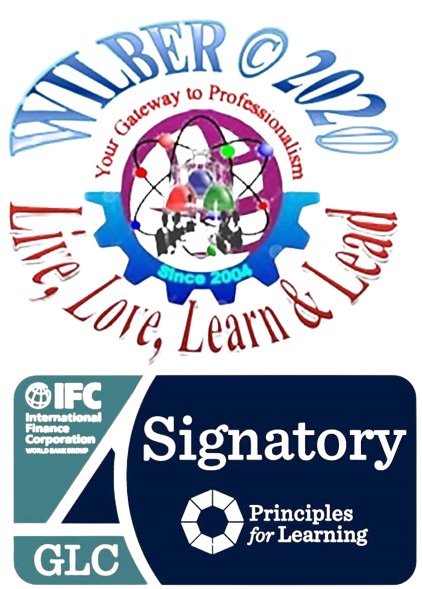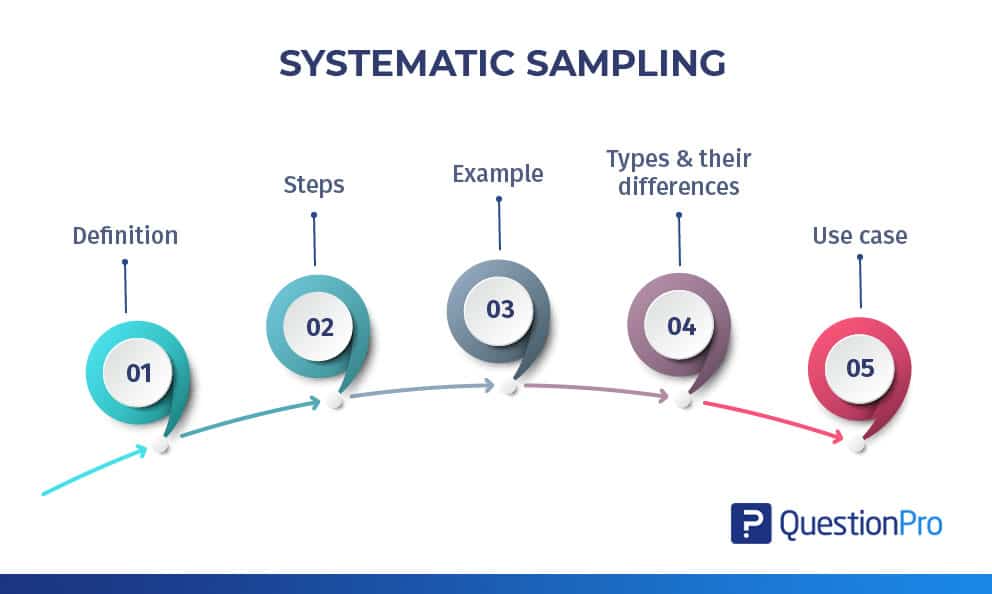Part 1
PART 1
THE IMPORTANCE AND CHARACTERISTICS OF CRIMINOLOGICAL RESEARCH
PRELIMINARIES
Why there is a NEED for Research?
[a] To explore a “new phenomenon or issue”;
[b] To Describe a phenomenon;
[c] Explain why such phenomenon occurs;
[d] Evaluate practices and policies
What do we research?

With the “DYNAMICS AND MULTIDISCIPLINARITY of criminology, we even encroach in almost all sciences, as long as it affects society’s public safety. Let’s take a look at this:
As an intellectual domain, criminology comprises contributions from multiple academic disciplines, including psychology, biology, anthropology, law, and, especially, sociology.
Although the defining statements of criminology are rooted across these diverse areas, contemporary criminology is becoming ever more intertwined with still additional sciences and professional fields such as geography, social work, and public health, information technology, and physical sciences.

Who are the researchers?
(1) YOU!
(2) Professors in Practice and Scientists
(3) Governmental Researchers
(4) Expert Witness Researchers (Forensic Scientists)
(5) Field Practioner (Public Safety and Law Enforcer, Doctors, etc)
(6) Journalist and Media Practitioners
(7) Students
How do we conduct research?

The Quantitative Data Collection



The Qualitative Data Collection



The Mixed Methods



ETHICS:
Ethics are an essential part of planning and preparing research. All professional science associations around the world have a code of ethics; this means, principles and guidelines developed by professional organizations to guide research practice and clarify the line between ethical and unethical behavior. in lieu of this, institutional review boards were established at research sites like universities, hospitals, scientific research centers under the oversight of the government.
WHAT happens to the research?
Students’ and professionals’ research projects usually end up filed away as an educational memory. Government research reports are generally sent to interested agencies and sometimes posted on the internet.

Academic articles and books are presented to the rest of the academic community in the hope that the knowledge generated will add to the pre-existing ones. The highest compliment paid to an academic researcher is to have his work cited because this represents the extent to which a study has influenced the field.
This is the very reason why “RESEARCH IS IMPORTANT!
IMPORTANCE OF CRIMINOLOGICAL RESEARCH
Reasons for criminological research:
1. Policy Motivations
2. Academic Motivations
3. Personal Motivations
WHAT IS RESEARCH?
1
A “cheerful, critical, disciplined inquiry, varying in technique and method according to the nature and conditions of the problem identified, directed toward the clarification or resolution (or both) of a problem”.
 2
2
Is simply, the systematic search for pertinent information on a specific topic or problem. After a careful, systematic search for pertinent information or data on a specific topic or problem, and after the research worker has analyzed and interpreted the data, he eventually faces another essential task – that of preparing the research report”.
3

“The process of gathering data or information to solve a particular or specific problem in a scientific manner”.
4
as “a systematic study or investigation of something for the purpose of answering questions posed by the researcher”.
5
“Research in its broadest sense is an attempt to gain solutions to problems. More precisely, it is the collection of data in a rigorously controlled situation for the purpose of prediction or explanation”.

6
Defined as a purposive, systematic, and scientific process of gathering, analyzing, classifying, organizing, presenting, and interpreting data for the solution of a problem, for prediction, for invention, for the discovery of truth, or for the expansion or verification of existing knowledge, all for the preservation and improvement of the quality of human life.
7
Is a studied inquiry or examination having for its aim the discovery of new facts and their correct interpretation; the revision of accepted conclusions, theories, or laws in the lights of the newly discovered facts or the practical application of such conclusions, theories, or laws.
Please feel free to ask questions for clarification!
THE NEED FOR SCIENTIFIC RESEARCH IN CRIMINOLOGY
REASONS:
[A] Overgeneralization
[B] Selective Observation
[C[ Inaccurate Observation
[D] Illogical Reasoning
[E] Resistance to Change
OVERGENERALIZATION
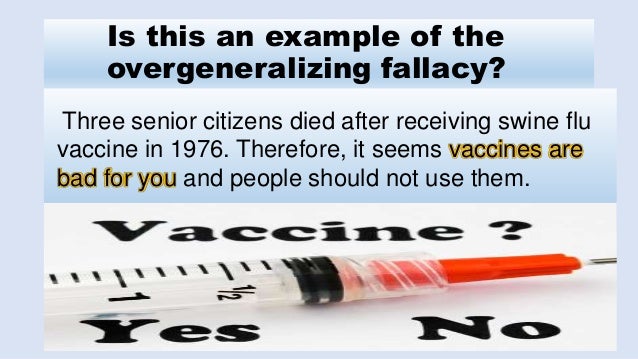
An error in reasoning occurs when we conclude that what we have observed or what we know to be true for some cases is true for all cases.
SELECTIVE OBSERVATION

Choosing to look only at things that are in accordance with our preferences or beliefs. When we are inclined to criticize individuals or institutions, it is all too easy to notice their every failing.
INACCURATE OBSERVATION
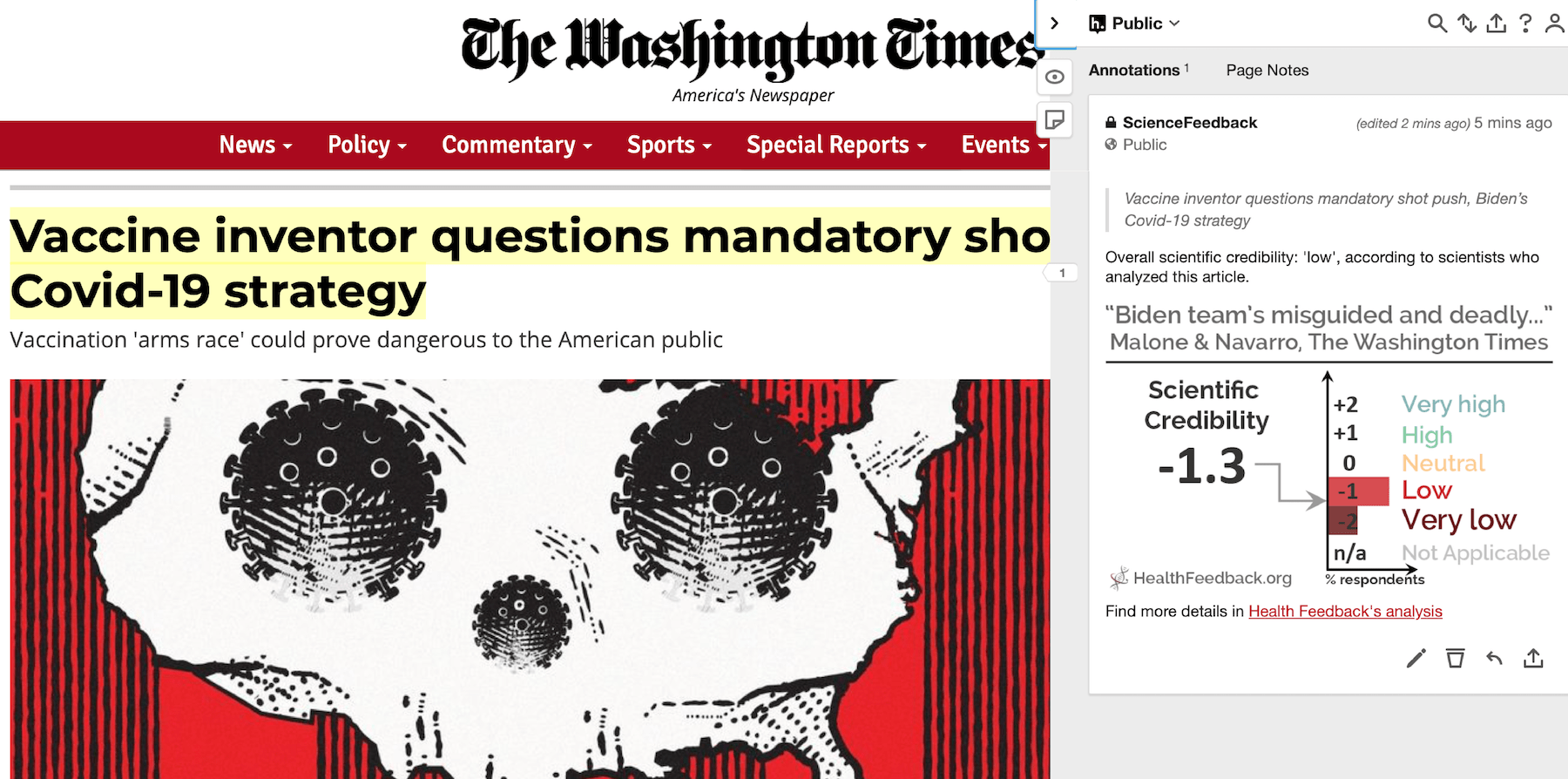
Observations based on faulty perceptions of empirical reality. If we think five people are standing on a street corner when seven actually are, we have made an inaccurate observation.
ILLOGICAL REASONING

Prematurely jumping to conclusions and arguing on the basis of invalid assumptions. It is not reasonable to propose that depictions of violence in media such as television and movies cause violence if evidence indicates that the majority of those who watch such programs do not become violent.
RESISTANCE TO CHANGE
Reluctance to change ideas in light of new information, due to:

1. ego-based commitments;
2. excessive devotion to tradition; or
3. an uncritical agreement with authorities.
THE SCIENTIFIC APPROACH TO SOCIAL PROBLEMS
[1]
The social science approach to answering questions about the social world is designed to greatly reduce these potential sources of error in everyday reasoning.
[2]
Science relies on logical and systematic methods to answer questions, and it does so in a way that allows others to inspect and evaluate its methods.
[3]
In the realm of social science research, these methods are not so unusual. After all, they involve asking questions, observing social groups, and counting people, which we often do in our everyday lives.
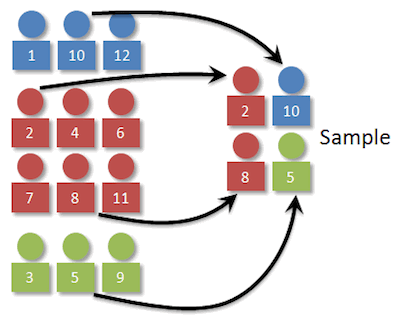
[4]
However, social scientists develop, refine, apply, and report their understanding of the social world more systematically, or specifically, than the public.

EPISTEMOLOGY IN RESEARCH
A branch of philosophy that studies how knowledge is gained or acquired. In philosophical terms, the scientific method represents an epistemology, that is, a way of knowing that relies on objective, empirical investigation.
Specifically, epistemology is concerned with possibilities, nature, sources, and limitations of knowledge in the field of study.
Alternatively, epistemology can be branded as the study of the criteria by which the researcher classifies what does and does not constitute the knowledge. In simple words, epistemology focuses on what is known to be true. It is a way of thinking opposite to ontology. This knowledge can be gained through:

[a] Intuitive knowledge (IQ)
[b] Authoritarian knowledge (Expert)
[c] Logical knowledge (Philosophy)
[d] Empirical knowledge (Practical & use of sense)
RESEARCH MUST BE OBJECTIVE AND EMPIRICAL INVESTIGATION
1. Transparent
2. Peer review
3. Avoidance of pseudoscience

RELATIONSHIP OF THEORY AND RESEARCH
[A] Theory is integral to research and research is integral to theory.
[B] Theory guides the development of many research questions and research helps generate new theories, as well as determining whether support for theories exists.
TYPES OF CRIMINOLOGICAL RESEARCH
DESCRIPTIVE RESEARCH:
A Research in which phenomena are defined and described. Below are examples of this.
(a) How many youths are offenders
(b) How many are the victim
(c) What are the common crimes committed by these young offenders
(d) How many of them are formally facing formal charges
(e) How many of them are undergoing community treatment
(f) How many of them have complete parents
(g) How many of them grow in other families other than parents
EXPLORATORY RESEARCH
Research in which social phenomena are investigated without prior expectations, in order to develop explanations of them.
[1] How is the feeling of being a youthful offender?
[2] What makes sense if you are an opposition?
[3] What makes sense to be an LGBTQ?
[4] How proud you are as a policeman, or as a jail officer or fire officer?
[5] What makes a policeman proud of themselves?
[6] (For a Criminal) What makes you proud of your action? (What makes you sorry for your action)
[6] (Serial offender) What makes you happy when you do this (or that)?
EXPLANATORY RESEARCH
Research that seeks to identify causes and/or effects of social phenomena.
(1) “Why do people become offenders?”
(2) “Does the unemployment rate influence the frequency of crime?”
(3) “Does 4 P’s lessen the poverty threshold in the Philippines?”
(4) “Does OPLAN Tokhang lessen the drug demand in the Philippines?”
(5) “Does poverty influence the rise of criminality in the Philippines?”
(6) “What makes “batang hamog” an alarming state of rising in criminality in the future?”
EVALUATION RESEARCH
THIS is Research about social programs or interventions. An example could be the following”
[a] The Effectiveness of….
[b] The (Degree) Efficiency of…
[c] The Implications of…
[d] The Rate of Accomplishment…
[e]] Evaluating the Outcome….
[f] The Assessment of….
RELEVANCE OF SOCIAL RESEARCH IN THE PRESENT PANDEMIC SITUATION:
Descriptive:
–“The Frequency of People who uses Masks Entering in the City of Manila from May – June 2020”
Exploratory:
–“The Feeling of an Individual that Uses Masks during the Pandemic””
Explanatory:
–“How Do People Respond in the Wearing of Mask Policy”
Evaluation
–The Effectiveness of Wearing Mask in Public Places in the City of Manila from May-June 2020”
ASSIGNMENT:
STATE AT LEAST 5 PROBLEMS IN THE SOCIETY THAT HAS CRIMINOLOGICAL SIGNIFICANCE.
(FOR WEEK 1-3 = submit your work in the GC or at wrberalde@yahoo.com.)
